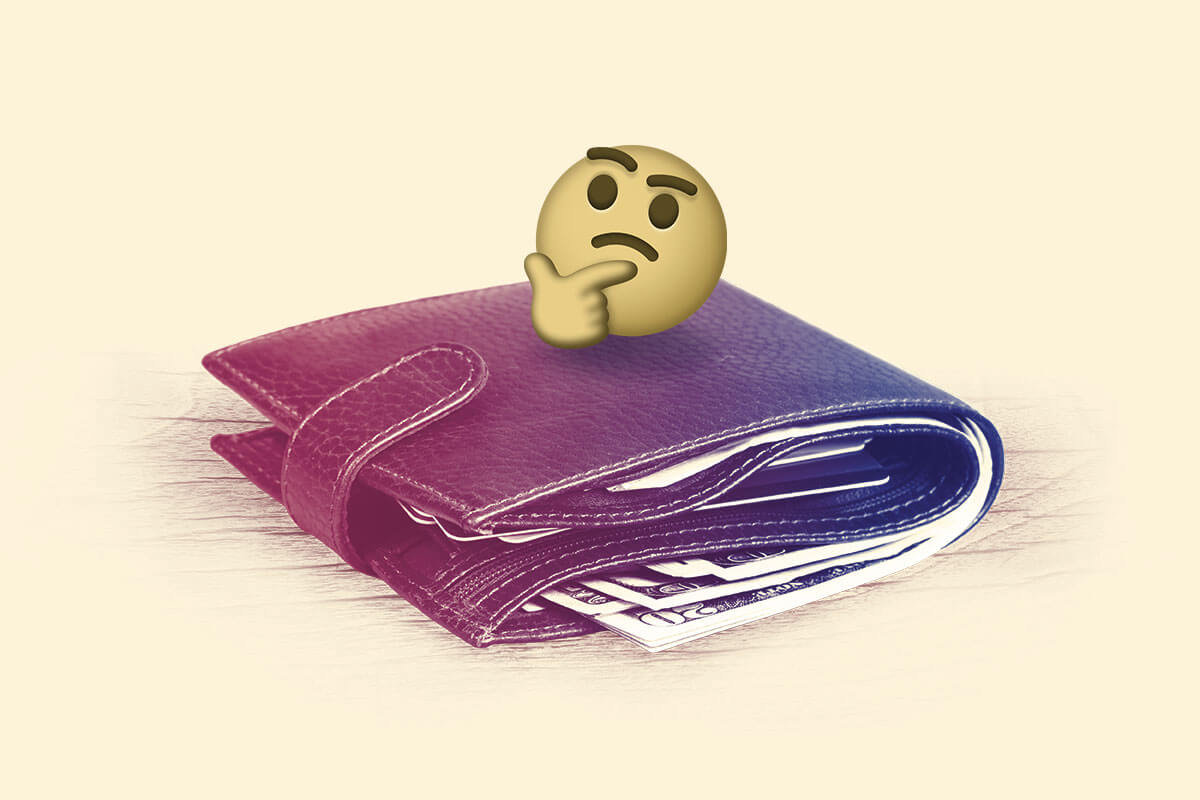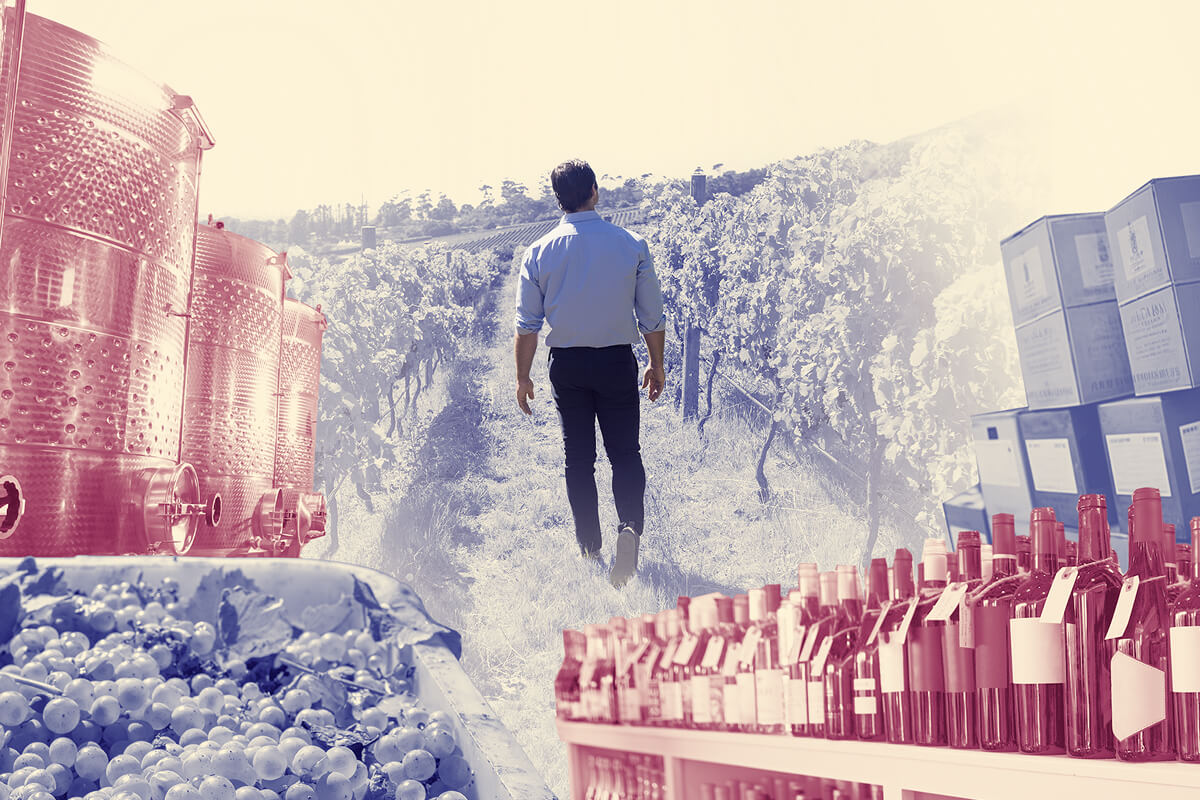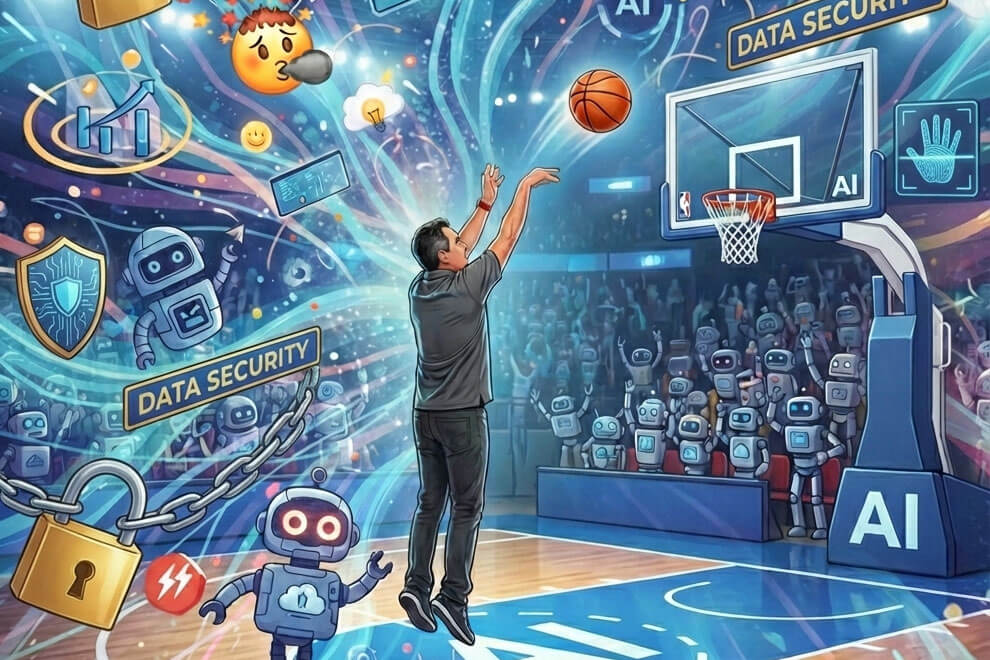
Why alcohol brands sponsor sporting events
When Dan Gurney won the 1967 Le Mans 24 hours race with A.J. Foyt in a Ford GT40 the excitement on the podium was palpable. Henry Ford II, known as ‘Hank the Deuce’, was up there, as was Michael Parkes from Ferrari, along with many others.
In the excitement, Dan Gurney grabbed a bottle of Moet and Chandon and started spraying it over all and sundry. Word has it that everyone was good sports about being covered in Champagne, and so began a tradition that is now synonymous with a podium win in motor sport. And this also translated across to other sports - fans the world over will be able to recall moments in their favourite sports where winners have taken a bottle of something and sprayed it as a sign of joy, exemplifying how alcohol sponsors become intertwined with sporting events.
It is this feeling of joy, and the subsequent brand awareness and increase in sales, that leads alcohol beverage companies to continually invest in sports sponsorships and partnerships. It wouldn’t feel like the Super Bowl without Bud Light, or the FIFA World Cup without Heineken's dynamic fan zones and interactive activities.
In recent years though, sponsorships have gone past merely providing cash in return for brand mentions and logo and brand name placement on advertising to now providing integrated fan experiences. When alcohol companies sponsor these events and integrate interactive elements like themed booths, exclusive tastings, or branded merchandise, they create memorable experiences that resonate with fans. These experiences forge a deeper emotional connection between the brand and the consumer. This emotional resonance is key to brand recall, as fans associate the enjoyment and excitement of the event with the sponsoring alcohol brand, making them more likely to remember and choose the brand in the future.

Enhancing the fan experience
This certainly seems to be the case with Carlsberg's involvement in football. Their sponsorship of various football teams and tournaments, including their long-standing association with the UEFA Euro Championship until 2016, not only enhanced the fan experience but also significantly increased their brand visibility and market share in Europe. Carlsberg are currently sponsorship partners of Liverpool FC which sees the intertwined in fan experiences and products the world over.
This trend is mirrored in the world of wine with brands like Jacob's Creek in tennis. Their past sponsorship of prestigious events such as the Australian Open has not only elevated the spectator experience through exclusive wine tastings and VIP lounges but also significantly boosted their brand recognition and sales in key markets. Their strategic positioning at these high-profile events aligns the elegance of tennis with their brand image, effectively enhancing their global presence and appeal to a sophisticated audience.
It’s not only fans already at events that can be reached through sports sponsorships. Through their sponsorship of the NFL, Barefoot Wines ran a competition for fans to enter to a attend a Philadelphia Eagles vs Kansas City match in their Barefoot Wines Bandwagon Box. Through promoting the experience and competition to a broader audience they were able to increase awareness of the brand more broadly than just with the fans actually at the event. The strategy behind this partnerships is to increase brand awareness amongst fans of a sport more commonly associated with beer. Barefoot Wines sponsorship of the NFL Superbowl LVII allowed the brand to be ‘seen’ by an estimated viewership of 113 million people, promoting the wines as a ‘fun’ beverage to enjoy whilst watching a game.
If a brand can reach a status where their beverage is synonymous with a sporting event then sales genuinely follow. Every year in July, as the tennis stars take to the courts at Wimbledon, fans enjoy Pimms as a staple drink at the tournament, with more than 300,000 glasses of Pimm’s special ‘Pimm’s Cup’ recipe being sold to spectators each year. These sales would not occur without the partnership between Pimms and Wimbledon and the increase in sales no doubt extends beyond the tournament walls as fans everywhere recreate the Pimms and Wimbledon experience. Hybrid event experiences, where fans outside of the physical event can also create the feeling of 'being there', increase the exposure and hence potential customers for the sponsoring brand greatly.
With the success of these two alcohol industry and stalwarts, newer alcohol brands are also creating fan experiences in order to increase brand awareness and sales. In 2022, Skrewball Peanut Butter Whiskey provided ice hockey fans in San Diego with beanies to wear when sitting next to the ice. Fans took these beanies home and continued to wear them, all the while increasing brand awareness. Skrewball’s popularity and sales continued to increase and in 2023 the brand was purchased by Pernod Ricard.

Grassroots sports sponsorships
It’s not only sponsorship of big sporting events that brands see results from investing in. In Australia, in 2022, after 2 seasons of Covid lockdowns affecting local Australian Rules Football clubs, Carlton Draught, a beer brand, sponsored ‘The Carlton Draft’. This experience saw 8 recently retired AFL (top-level) legends ‘drafted’ to 8 regional clubs to play one game. These games drew huge crowds to the local grounds, bringing a lot of money and fans through the gates and a lot of goodwill for the Carlton Draught brand.

Responsible drinking
There is, of course, a responsibility that comes with promoting alcohol brands at, and as part of, sporting events. While promoting alcohol consumption and alcoholic drinks at events, companies also focus on responsible drinking campaigns. This is especially relevant when targeting young people and aligns with the growing health consciousness in marketing alcohol. Brands like Carlsberg integrate these messages into their sports sponsorship, promoting moderation and health awareness.
Also, as brands continue to invest in low and no alcohol beverages as part of their portfolio, these products become part of the offering at events and as part of fan experiences. At the Guinness Six Nations rugby tournament in 2023 Guinness centred their campaign around their 0.0% product. Guinness promoted the brand’s inclusive approach to alcohol consumption in sports, communicating that rugby is a sport for all and everyone can enjoy a Guinness whilst watching - even those who do not consume alcohol.

Forecasting for event and sponsorship demand
These events and sports sponsorships can, and usually do, result in a spike in demand. Planning for these spikes, to ensure that supply is available when and where customers need it to be, is incredibly important in ensuring that fans’ experiences are positive and memorable. There are 3 key points to consider when doing this planning:

1. Event profile and audience demographics
Narrowing down demand to product, customer group and distribution channels will help the supply chain prioritize where to focus. If an event is only going to be selling or promoting certain products then it is important to make sure demand is mapped down to this level so that flow on effects through the supply chain can be seen. Claret’s Sales Collaboration module allows for planning at any level.

2. Past event performance and sponsorship outcomes
Historical data on an event’s success can be a strong indicator of future performance. This includes previous attendance rates, media coverage, social media engagement, and feedback from event attendees, and past sponsors. If a brand has sponsored an event before, or has access to historical sales data, this can be used to forecast the next event. Any planned growth from new promotions or fan experiences can also be added in. Claret’s Forecast Workbench module uses advanced modelling to predict future sales using historical data so can help a lot with this.

3. Internal collaboration
It is vital for companies sponsoring events to ensure all areas of the business are involved in planning and aware of any forecast upticks in demand are planned for appropriately. A well-defined Sales and Operations Planning (S&OP) process can help greatly with this. Get a copy of Claret’s Sales and Operations Planning Guide for more details on how to develop this.
key takeaways
Investing in sports sponsorships, marketing and fan experiences can result in increased brand awareness and, ultimately, sales. Claret can help you prepare for this uptick with our supply chain planning solution.
Frequently asked questions
Why do alcohol companies sponsor sporting events?
What is the benefit of a ‘fan experience’ over a pure sports event sponsorship?
Who are some companies who have used ‘fan experiences’ at sporting events?
What does a company need to consider if contemplating a sports sponsorship involving a fan experience?
How can companies plan for changes in demand due to sponsorships?

less time forecasting









